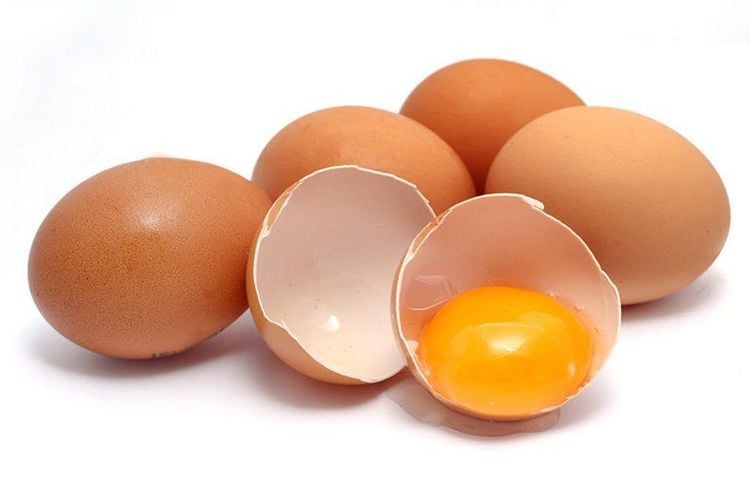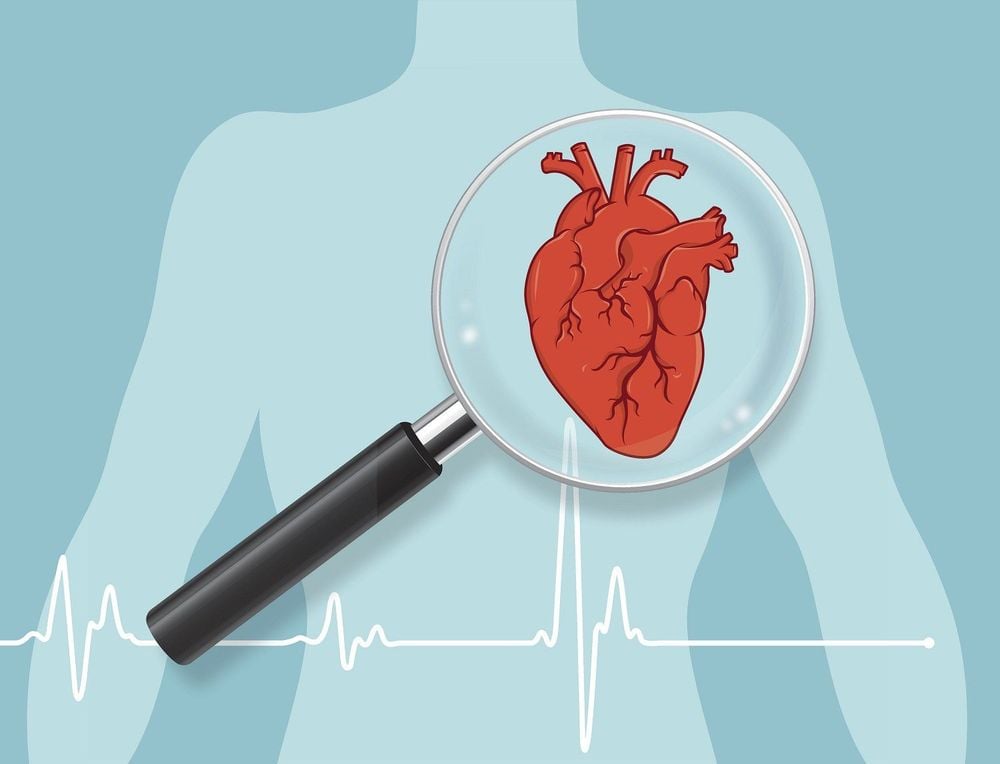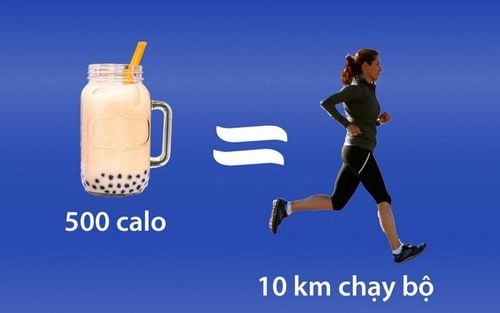This is an automatically translated article.
If you're looking for a food to add protein, vitamins, and healthy fats to your diet, eggs are a great option.1. Eggs provide a great source of calories
According to the United States Department of Agriculture (USDA), there are about 72 calories provided in one egg. The number of calories in each egg depends on its size. One egg can contain calories from 54 calories up to 90 calories. Due to its high calorie content, when we eat eggs, we often feel full for longer and therefore, it is considered a food to help control weight.2. Eggs contain a lot of protein
Protein is essential for the growth and health of the body. It is also needed to make hormones, enzymes, and antibodies. There are 6.28g of protein in one large egg and it contains the 3.6g found in egg whites.The recommended dietary allowance for protein is 0.8 g of protein per kg of body weight. For example, a person weighing 140 pounds (63.5kg) needs about 51g of protein per day. Eating one egg will provide almost 12% of this person's daily protein needs.
In addition, one egg has all 9 essential amino acids and the building blocks of protein. These nutritional values are important because the body cannot produce them on its own. Egg whites contain about half protein and only a small fraction of fat and cholesterol.
3. Fat

Khoảng một nửa lượng calo trong một quả trứng đến từ chất béo
Egg yolks also contain healthy omega-3 fatty acids. Omega-3 fatty acids help reduce inflammation in the body and may reduce the risk of chronic conditions like heart disease, cancer, and arthritis. Omega-3s have effects on the brain and have been shown to be important for cognition and memory.
The amount of omega-3s varies according to the particular diet of the hens when they lay those eggs. While choosing eggs, make sure you look for eggs labeled omega-3 or DHA. DHA is a type of omega-3.
4. Cholesterol
You may have heard that egg yolks have a lot of cholesterol. One medium-sized egg contains 186 milligrams (mg) of cholesterol. There is often a common misconception that eggs are not healthy because of their cholesterol content. But not all cholesterol is bad. Cholesterol plays a role in supporting a number of important functions in the body. Most people can eat an egg or two a day without problems with cholesterol levels. If your cholesterol is high or you have diabetes, you can still eat eggs in moderate amounts (four to six times per week) with no problem. However, make sure you don't regularly eat other foods that are high in saturated fat, trans fat, or cholesterol.5. Eggs contain many vitamins and minerals

Nếu bạn là người ăn chay không ăn thịt, trứng là một cách tốt để đảm bảo bạn vẫn nhận được B-12
Eggs also contain a decent amount of vitamins A, D and E, as well as folate, biotin and choline. Most of the vitamins in an egg are found in the yolk. Choline is an important vitamin for the normal functioning of all cells in the body. It ensures the function of cell membranes, especially in the brain. It is essential and should be provided in higher amounts during pregnancy and lactation. One large egg has about 147 mg of choline.
Minerals Eggs provide a good source of selenium, calcium, iodine and phosphorus. The antioxidant selenium helps protect against free radical damage that is linked to aging, heart disease, and even some types of cancer.
6. Eggs contain many nutrients
Eggs have more nutrients, including vitamins, minerals, and amino acids than most other foods. One egg has nutrients including:High quality protein Selenium Phosphorus Choline Vitamin B12 Rich in antioxidants, helps keep cells healthy
7. Eggs are good for the heart

Nhìn chung, những người ăn trứng nhiều hơn thì khả năng mắc bệnh tim giảm
The antioxidants lutein and zeaxanthin help ward off eye diseases like cataracts and age-related macular degeneration. Green leafy vegetables like spinach and kale also have them. But eggs are a better source.
8. Eggs are safe
Eggs are one of eight allergenic foods. Egg allergy symptoms that can appear soon after eating a person include: hives on the face or around the mouth, stuffy nose, cough or chest tightness, nausea, cramps, and sometimes vomiting. A serious, life-threatening, and rare emergency called anaphylaxis Raw eggs are not considered safe to eat. This is due to the risk of infection with harmful bacteria called Salmonella.However, it may not be a worthwhile risk. Salmonella poisoning can cause fever, cramps, and dehydration. Newborns, older adults, pregnant women, and people with weakened immune systems are at increased risk for serious illness. The best way to prevent Salmonella poisoning is to refrigerate store-bought eggs as soon as you get home, and make sure they're thoroughly cooked to at least 160°F (71.1°F) before eating.
Please dial HOTLINE for more information or register for an appointment HERE. Download MyVinmec app to make appointments faster and to manage your bookings easily.
Articles refer to sources: healthline.com, webmd.com












